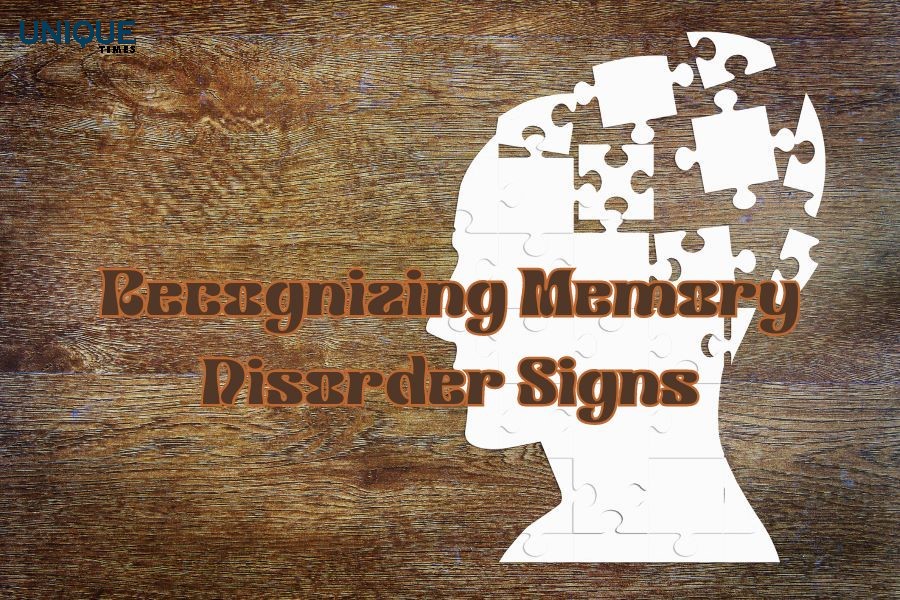7 Telltale Signs of a Memory Disorder You Shouldn’t Ignore

Memory is a precious aspect of our lives, allowing us to recall cherished moments and navigate our daily routines. However, sometimes memory problems can emerge, indicating potential memory disorders. In this blog, we’ll explore seven key signs that could indicate you might be experiencing a memory disorder, and why it’s important not to dismiss them.
1. Forgetfulness Beyond Normal:
While occasional forgetfulness is common, if you find yourself consistently forgetting important dates, appointments, or everyday tasks, it could be a sign of a memory disorder.
2. Difficulty with Learning and Retaining New Information:
Struggling to learn new things or retain information that you would typically grasp easily can be a red flag. This may include forgetting names, instructions, or recent events.
3. Confusion About Time and Place:
Losing track of time, forgetting how you got to a certain place, or becoming disoriented in familiar surroundings could indicate a memory disorder, especially if these instances occur regularly.
4. Difficulty in Communicating:
If you frequently struggle to find the right words or lose your train of thought during conversations, it might be a sign of a memory disorder affecting your verbal memory and language skills.
5. Misplacing Items:
While everyone misplaces keys or glasses occasionally, consistent and unexplained misplacement of everyday items may be indicative of memory problems.
6. Mood and Personality Changes:
Memory disorders can also lead to mood swings, personality changes, or increased irritability. These shifts in behavior may be linked to the frustration of dealing with memory challenges.
7. Challenges in Problem-Solving and Decision-Making:
Difficulty in solving problems, making decisions, or planning tasks may suggest a memory disorder affecting your executive functioning skills.
Conclusion:
Memory disorders can have a profound impact on your daily life and well-being. While experiencing one or more of these signs doesn’t necessarily confirm a memory disorder, it is essential not to ignore them. Early detection and diagnosis are crucial for managing memory disorders effectively.
If you or a loved one notice any of these signs, consider seeking medical advice. Memory disorders can be caused by various factors, including Alzheimer’s disease, dementia, or other underlying health conditions. Timely intervention and appropriate medical care can help improve the quality of life and slow the progression of memory disorders.
Remember, you’re not alone, and there are resources and support available to help you navigate the challenges associated with memory disorders. Early recognition and proactive steps can make a significant difference in managing these conditions and maintaining a fulfilling life.
Picture Courtesy: Google/images are subject to copyright








